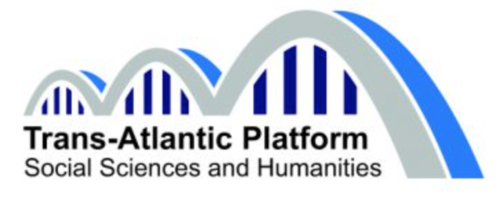ENDURE in a Nutshell
Covid-19 is a turning point in our common history, showing the vulnerability of our human life and the fragility of our social, economic and political systems. The most puzzling aspect for Social Science and Humanities research is to examine how Covid-19 – as a public health and systemic crisis – unfolded the way it did and to consider possibilities for post-pandemic transformations in their own complexity, uncertainty, contingency and context-specificity.
Governance responses to the Covid-19 pandemic differ from earlier emergencies, such as wars and economic crises, insofar as the state seeks not to mobilise to meet a common challenge (as with War, communism or the New Deal) but rather to demobilise economic activity, politics and society (lockdowns). This factor will likely impact on resistance to and resilience from existing social inequalities. Equally, the trend of (de)mobilisation has been uneven and marked by contestation. New forms of mobilisation, with widely varying ideological framings, emerged against the backdrop of global pandemic control and state-regulated lockdowns.
ENDURE combines methodologies drawing on historical, sociological, political science, media studies and cultural research to examine how state-led (de)mobilisation impacts on the drivers of inequality, in order to assess the prospects for greater post-pandemic equity. ENDURE will develop comparative, transatlantic perspectives on the uneven responses to the Covid-19 crisis and how this has impacted on inequality.
ENDURE will conduct research in Brazil, Germany, Colombia, UK, Canada, Finland, US, Croatia, Poland, Romania, and Turkey. The countries selected span the Atlantic and each were hit hard by the pandemic. They are critical places for exploring pandemic governance and for identifying best (and worst) policy practices.

